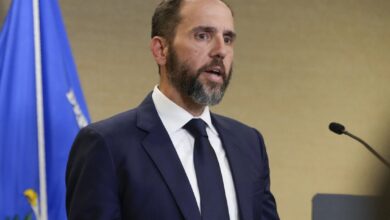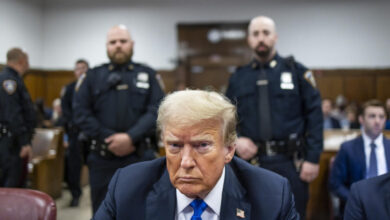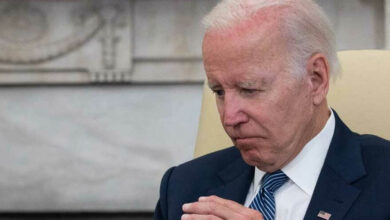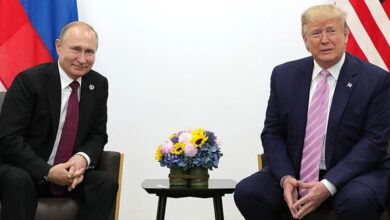New Trade Leadership: Jamieson Greer Nominated by Trump as U.S. Trade Representative
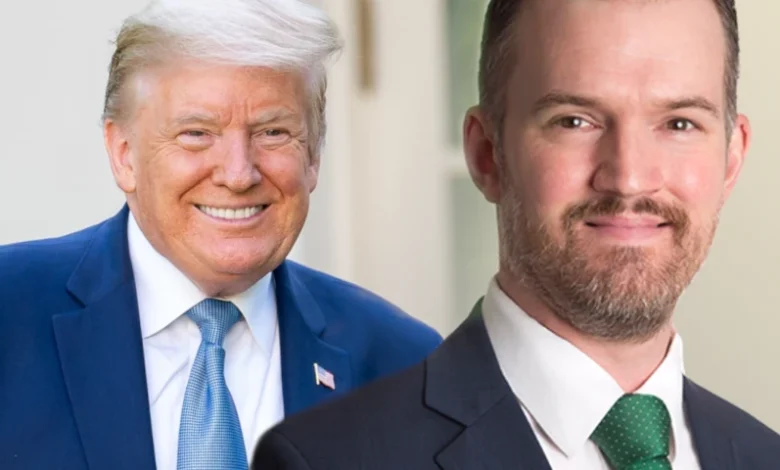
President-elect Donald Trump announced Tuesday that he has selected Jamieson Greer to serve as his United States Trade Representative (USTR), a key position as he prepares to implement his trade agenda, including imposing new tariffs on imports.
Greer, a seasoned expert in international trade policy, is expected to play a pivotal role in shaping the Trump administration’s approach to trade, particularly in light of the president-elect’s commitment to renegotiating trade deals and enforcing protectionist measures. His nomination comes as Trump has repeatedly emphasized the need to address what he describes as unfair trade practices by countries like China and Mexico, and to reduce the U.S. trade deficit.
The USTR is a crucial position responsible for negotiating trade agreements, enforcing trade laws, and representing the U.S. in international trade disputes. With the nomination of Greer, Trump signals his intent to make good on campaign promises to overhaul trade policy, particularly focusing on implementing tariffs to safeguard American industries.
In his announcement, Trump praised Greer’s deep knowledge of trade issues, calling him a “dedicated and effective advocate for American workers” who will help him fulfill his vision of restoring fairness to U.S. trade policy. Greer has previously worked in various roles related to trade and economic policy, including as an advisor in the U.S. Department of Commerce.
If confirmed by the Senate, Greer will be tasked with leading efforts to renegotiate existing trade agreements, including the North American Free Trade Agreement (NAFTA), which Trump has criticized as detrimental to U.S. manufacturing jobs. The new USTR will also be at the forefront of Trump’s efforts to impose tariffs on imported goods, a policy that has stirred debate over its potential impact on global trade relations and domestic prices.
Greer’s nomination comes at a time when the global economic landscape is increasingly tense, with concerns about trade wars and protectionist policies. Trump’s proposals to levy tariffs on steel, aluminum, and other imports have raised alarms among allies and trading partners, many of whom have warned that retaliatory tariffs could hurt American exports.
In response to the nomination, trade industry experts have expressed cautious optimism, noting Greer’s experience and knowledge of the trade system. However, some have raised concerns about the potential consequences of Trump’s tariff-heavy strategy, particularly its impact on U.S. businesses that rely on global supply chains.
Greer is expected to testify before Senate committees in the coming weeks, where his confirmation will be closely scrutinized by lawmakers. Should he be confirmed, Greer’s leadership will be integral in navigating the complexities of U.S. trade policy in a rapidly changing global economy.

